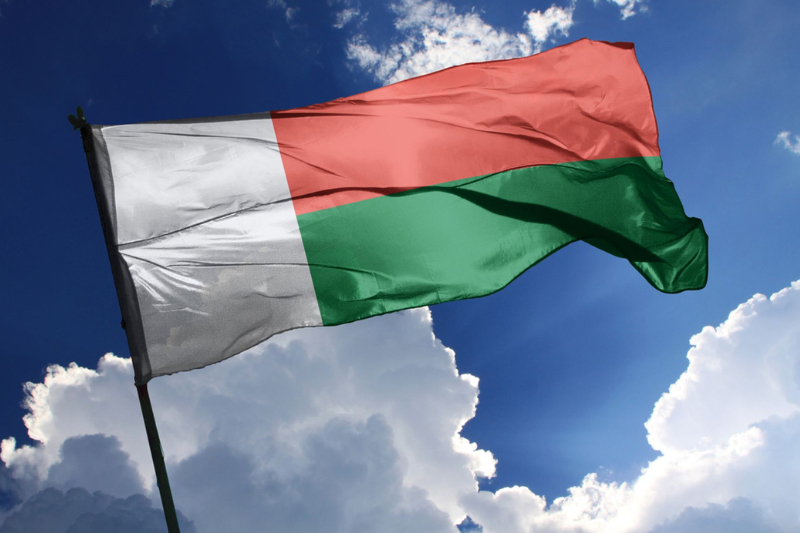Madagascar, an island nation in the Indian Ocean, recently enacted a groundbreaking law allowing for the chemical and, in certain cases, surgical castration of individuals found guilty of raping minors. Advocates argue that this strict measure is essential to combating a pervasive “rape culture” that has seen a troubling surge in child rape cases. However, international rights organizations, including Amnesty International, condemn the law as inhumane and degrading, sparking a global debate on its effectiveness and potential violation of human rights.
Child Rape Epidemic:
Justice Minister Landy Mbolatiana Randriamanantenasoa justifies the law by highlighting the alarming increase in child rape cases. With 600 reported cases in 2023 and 133 cases as of January this year, the government argues that existing penal codes are insufficient to deter such offenses. The severity of punishment under the new law varies based on the age of the victim, with surgical castration mandated for those guilty of raping a child under ten, chemical or surgical castration for ages 10–13, and chemical castration for ages 14–17.
Keep Reading
Controversial International Precedents:
The legislation draws parallels with certain U.S. states, like Florida and California, where chemical castration is permitted for some sexual offenders. However, the inclusion of surgical castration in Madagascar’s law adds a controversial layer, as the combination is rarely employed and widely debated. The global community watches closely as Madagascar’s approach diverges from international norms, sparking concerns over the potential violation of human rights.
Amnesty International’s Opposition:
Amnesty International categorizes the law as “inhuman and degrading treatment,” opposing its implementation based on constitutional grounds. Nciko wa Nciko, an advocate for Amnesty International in Madagascar, argues that the law fails to address systemic issues within the criminal justice system, including lack of anonymity for victims and concerns about corruption. Additionally, Nciko questions the competency of medical authorities tasked with performing surgical castrations, raising concerns about potential irreversible consequences for innocent individuals.
Local Activists’ Support:
Despite international criticism, some local activists in Madagascar express support for the law, viewing it as a necessary deterrent in the face of a deeply rooted rape culture. Jessica Lolonirina Nivoseheno, from the organization Women Break the Silence, acknowledges the prevalence of sexual violence and believes the new penalties can bring about positive change. Nivoseheno argues that the law, by raising awareness and understanding of the consequences, may discourage potential offenders.
Madagascar’s controversial legislation on chemical and surgical castration for child rapists has sparked a heated global debate. While some argue it is a necessary step to combat a concerning rise in child rape cases, others, including Amnesty International, denounce it as a violation of human rights. The international community closely watches the developments in Madagascar, questioning the effectiveness of such punitive measures and their impact on broader issues within the criminal justice system.

